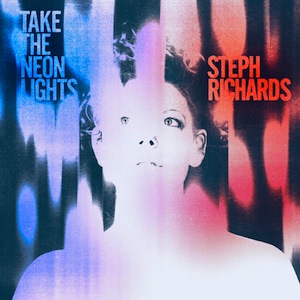Label: Sunnyside, 2019
Personnel – Lucian Ban: piano; Alex Simu: clarinet, bass clarinet.
Pianist Lucian Ban and clarinetist Alex Simu have many things in common. They are both of Romanian descent and share symbiotic musical aptitudes with each other, at the same time that reveal an admirable availability to dive deep into an unselfish otherworldliness of diaphanous enchantment.
The outstanding opening tune on Free Fall, their first collaborative work, confirms what I just said. “Quiet Storm” was penned for multi-reedist Jimmy Giuffre, whose trio with Paul Bley and Steve Swallow inspired the music on this album. Sensitive and prayerful, the heavenly melodies navigate the simple harmonization, also a carrier of exceptional delicacy and touching beauty. The same posture is followed on “Jesus Maria”, an early Carla Bley composition that was first recorded by and better associated with the Giuffre Trio. Although unexpanded in tone and texture, you will find infinite compassion expressed in the suave movements.
Unearthing an improvisatory urgency, the title track brims with free, instinctive interplay, in which poised piano grooves and helical clarinet lines work together to achieve a dynamic combustion. The static shininess of “Mysteries”, another free piece, is diverted by a mildly stirring passage initiated halfway. At that point, the pianist opted to deliver pointed low-pitched jabs mixed with swirls on the middle-register, keeping pace with the clarinetist’s swift runs.
Simu claimed the spotlight during a solo bass clarinet presentation titled “Near”. He also co-wrote “The Pilgrim” with Folker Oosting, a piece initially marked by popping sounds while still denoting a classical innuendo refined by a bolero-ish vibe. Gradually, the blues takes shape, triumphing in the final section.
The duo brings the album to a close with two Giuffre numbers: “Cry, Want”, a scrupulous, bluesy lamentation, and “Used To Be”, a sort of blithe piano song that serves as a vehicle for Simu’s melodic expeditions.
Moving through wide and confined spaces with ease, Ban and Simu operate at the fringes of jazz and classical, communicating pleasant feelings as they search and create with abandon.
Grade B+
Favorite Tracks:
01 - Quiet Storm ► 02 - Free Fall ► 07 – Cry, Want








































